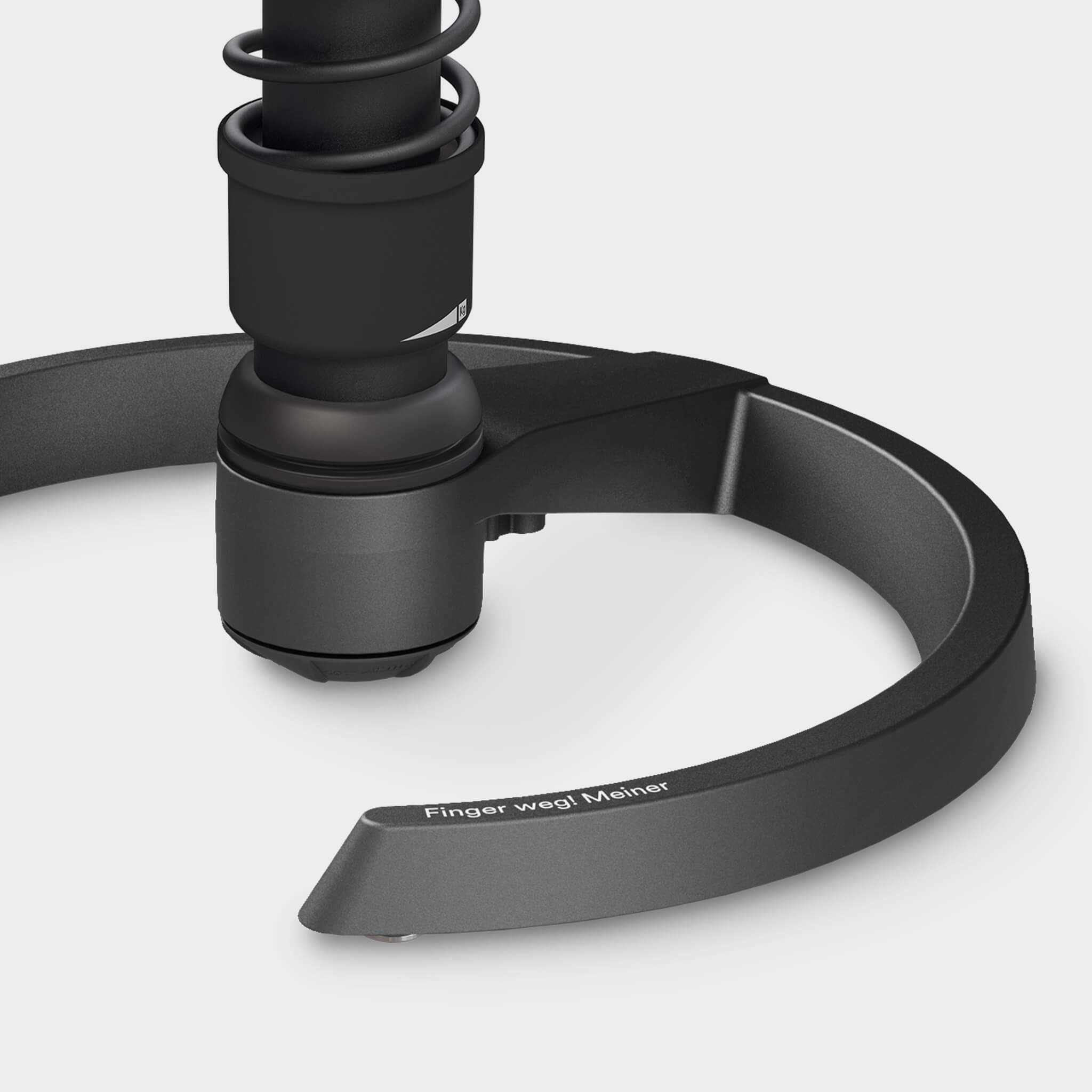EEG-Studie: Die Wirkung dynamischer Haltungskontrolle im Sitzen auf Aeris Swopper auf die Konzentrationsfähigkeit.
In der vorliegenden Studie wurde untersucht, inwiefern dynamisches Sitzen auf dem Aeris Swopper einen Einfluss auf die kurz- und längerfristige Konzentrationsfähigkeit und die korrespondierende Gehirnaktivität hat.
Hierbei wird mit EEG-Messungen auf den Grad des psychophysiologischen Wachheitsniveaus und die Konzentrationsfähigkeit geschlossen.
Vorteil dieser Untersuchungsmethodik ist eine Kopplung mit externen Reizen wie etwa dem Ausführen von Konzentrationstests. Diese dienen als Reizung der afferenten Bahnen des zentralnervösen Systems, in der jeweiligen Testbedingung. Bisher liegen nur wenige Studien vor, die die Wirkung von feinmotorischer Kontrolle auf die kognitive Leistungsfähigkeit und die korrespondierende Gehirnaktivität untersuchen. In der vorliegenden experimentellen Laborstudie wurden unter kontrollierten Bedingungen 45 Probanden in einem Gruppendesign im Alter 22 bis 27 Jahren getestet. Drei Sitzbedingungen wurden dabei realisiert: Sitzen auf einem beweglichen Swopper, einem eigens für die Untersuchung angefertigten statischen Testhocker gleichen Aussehens, sowie einem konventionellen Bürostuhl mit Lehne. Die Probanden bearbeiteten Tests zur Erfassung der kurz- (d2‐R-Test) und langfristigen Konzentrationsfähigkeit (Mackworth-Clock-Test). Die elektroenzephalographische Spontanaktivität wurde unter Ruhebedingungen vor und nach den Konzentrationstests sowie während der Bearbeitung der Konzentrationstests aufgezeichnet.
Die Verhaltensdaten belegen eine bessere Leistung hinsichtlich der kurz- und langfristigen Konzentrationsfähigkeit beim Sitzen auf dem beweglichen Swopper. Dies zeigt sich in einer größeren Anzahl an bearbeiteten Items bei der Erfassung der kurzzeitigen Konzentrationsfähigkeit im d2‐R‐Test sowie geringeren Reaktionszeiten im Mackworth-Clock-Test. Die EEG-Daten liefern Hinweise auf die zugrundeliegenden neuronalen Mechanismen der beobachtbaren Leistungssteigerung in den Konzentrationstests beim Sitzen auf dem beweglichen Swopper.
Insgesamt zeigt sich beim Arbeiten auf dem beweglichen Swopper eine stärkere frontale Theta- Aktivität, eine stärkere frontale und okzipitale Alpha- und Alpha1-Aktivität sowie eine stärkere Beta- Aktivität, insbesondere bei der Bearbeitung von Aufgaben zur Erfassung der kurzzeitigen Konzentrationsfähigkeit. Eine stärkere Beta1-Aktivität, die während der Bearbeitung des d2-R-Tests und Mackworth-Clock-Tests auftritt, spricht für einen wachen und aufmerksamen psychophysiologischen Zustand des kognitiven Systems, der beim Sitzen auf dem beweglichen Swopper im Unterschied zum Arbeiten auf einem konventionellen Bürostuhl mit Lehne oder einem statischen Hocker erzielt wird.
Zusammenfassend lässt sich feststellen, dass das Arbeiten auf dem beweglichen Swopper positive Auswirkungen auf die Konzentrationsfähigkeit im beobachtbaren Verhalten und auch der zugrundeliegenden Gehirnaktivierung hat. Die im Rahmen der vorliegenden Studie gefundenen Ergebnisse zeigen das Potential der dynamischen Haltungskontrolle während des Sitzens und dessen Einsatz im Schul- und Arbeitsalltag auf und haben wichtige Implikationen für die Ausgestaltung von Lern- und Arbeitsumgebungen.
Über die Studie:
Februar 2015
Univ. Prof. Dr. phil. W. Schöllhorn
Dr. Dipl.-Physch. D. Henz
Johannes-Gutenberg-Universität Mainz
Fachbereich 02 -. Sozialwissenschaften, -Medien, Sport (Faculty for Social studies, Media, Sport)
Institut für Sportwissenschaft (Institue for Sciences)
Abteilung Trainigs- und Bewegungswissenschaft (Department for Training- and Motion Scieneces)
Albert-Schweitzer-Strasse 22
55128 Mainz
